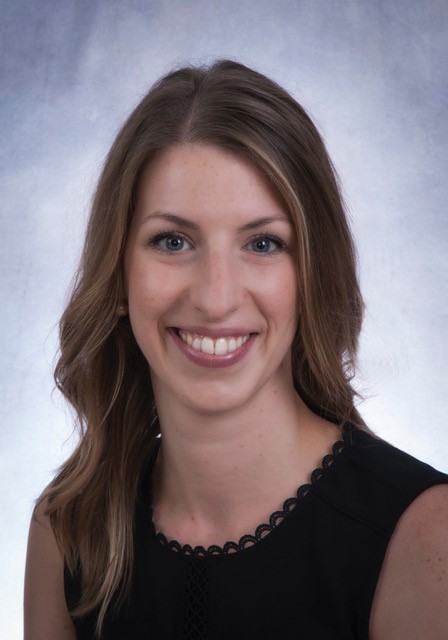 Not all breast cancer patients across the province of Ontario have equal access to breast reconstruction surgery, with only 7.6% of patients in Ontario undergoing the procedure between 2004 and 2010. U of T PhD student and Vanier Scholar Helene Retrouvey is leading a qualitative study to explore the reasons behind these lower rates while hoping to identify interventions that will improve access to this surgical procedure for all patients.
Not all breast cancer patients across the province of Ontario have equal access to breast reconstruction surgery, with only 7.6% of patients in Ontario undergoing the procedure between 2004 and 2010. U of T PhD student and Vanier Scholar Helene Retrouvey is leading a qualitative study to explore the reasons behind these lower rates while hoping to identify interventions that will improve access to this surgical procedure for all patients.
“We really wanted to understand how and why breast cancer patients were experiencing barriers to access breast reconstruction,” said Retrouvey, who is also a plastic surgery resident. “Within the principles of universal health care, all eligible patients should have access to this procedure, but looking at the data, we can see that that not all patients have equal access.”
Breast cancer affects 1 in 9 Canadian women, and mastectomies, or the surgical removal of one or both breasts can be part of treatment. The removal of the breast tissues can impact a women’s self-esteem, sexual health and overall quality of life. Breast reconstruction surgery is an option available to breast cancer patients to restore the breast mound and form, and can provide long-term quality of life improvement and psychological benefits for the patient.
Yet in spite of these perceived benefits, rates of breast reconstruction remain very low. Patient factors like increased age, non-Caucasian race, larger tumours or advanced stages of cancer, and negative physician perceptions have all been shown to contribute to lower breast reconstruction rates.
“There is still a bit of stigma around the procedure because the breast is not always something that is considered required, like a limb,” said Retrouvey, “and there are a lot of women who feel this procedure is not an option for them.”

Retrouvey’s previous study also identified additional perceived barriers like rural geographic location, poor referral patterns by clinicians and the unavailability of plastic surgeons, but to date, there have been no Canadian studies explaining how these barriers limit access to breast reconstruction surgery or how access rates might be improved.
Supported by her recently awarded Vanier Canada Graduate Scholarship, Retrouvey and her team will conduct a series of 60-minute long interviews with breast cancer patients across the province, as well as physicians who refer or provide breast reconstruction, and administrators who are involved in the provision of the surgical procedure.
“The patient interviews will explore their experience with diagnosis and treatment of their breast cancer while placing on emphasis on their views of breast reconstruction,” explained Retrouvey, “while the physician interviews will explore current practices, and administrator interviews will examine the current institutional treatment regimens as well as the availability and structure of breast reconstruction programs.”
To gain a thorough understanding of how and why these barriers are impacting breast reconstruction rates, the study will include women from diverse social and cultural backgrounds, as well as physicians and institutions at hospitals in both high volume areas like Toronto and London and low volume areas, like Thunder Bay. With the additional knowledge gained from the study, Retrouvey and her team will actively look to design new interventions that target these perceived barriers and improve access for breast reconstruction surgery to ensure that it is timely and equitable for all women across Ontario.
“We understand that not all women want breast reconstruction, and for some the scars are an important symbol of their cancer journey, but women shouldn’t be left without breasts because they don’t know their options,” said Retrouvey.
Related News

Sign up for IHPME Connect.
Keep up to date with IHPME’s News & Research, Events & Program, Recognition, e-newsletter.
Subscribe to Connect Newsletter
Get in Contact
Communications
Marielle Boutin
Email Address: ihpme.communications@utoronto.ca





